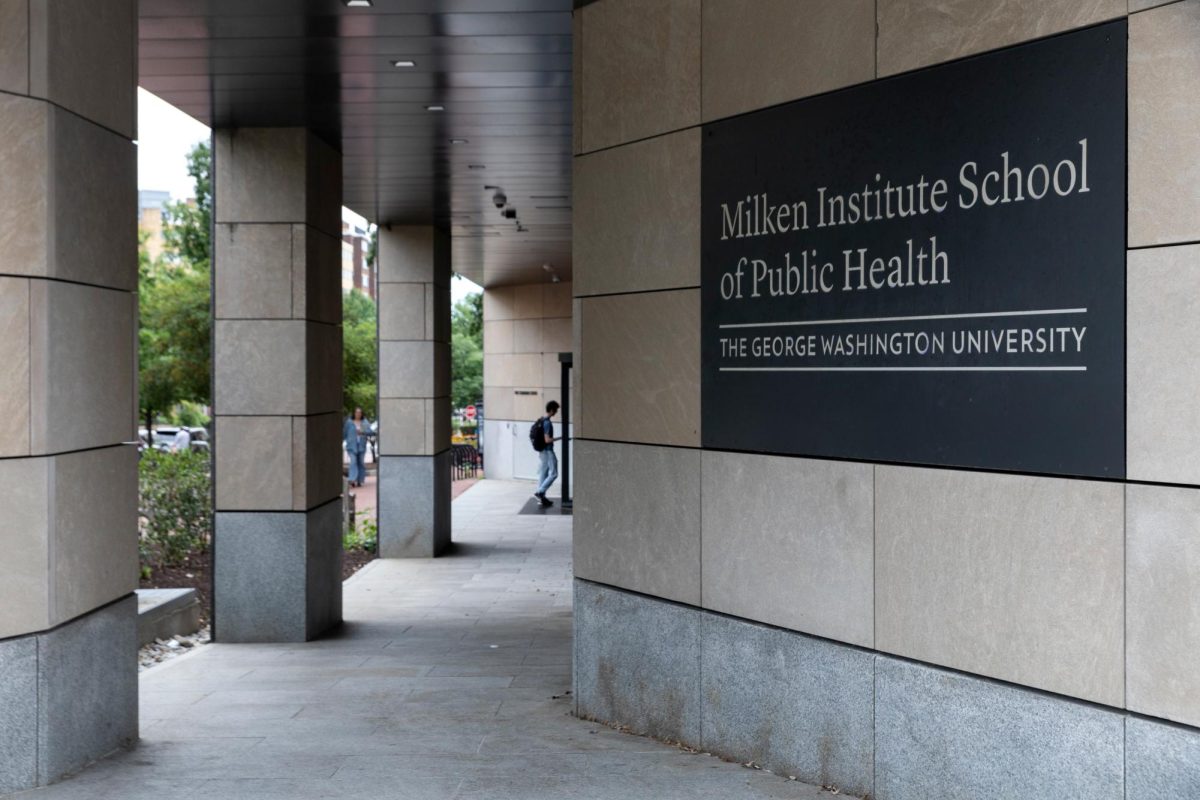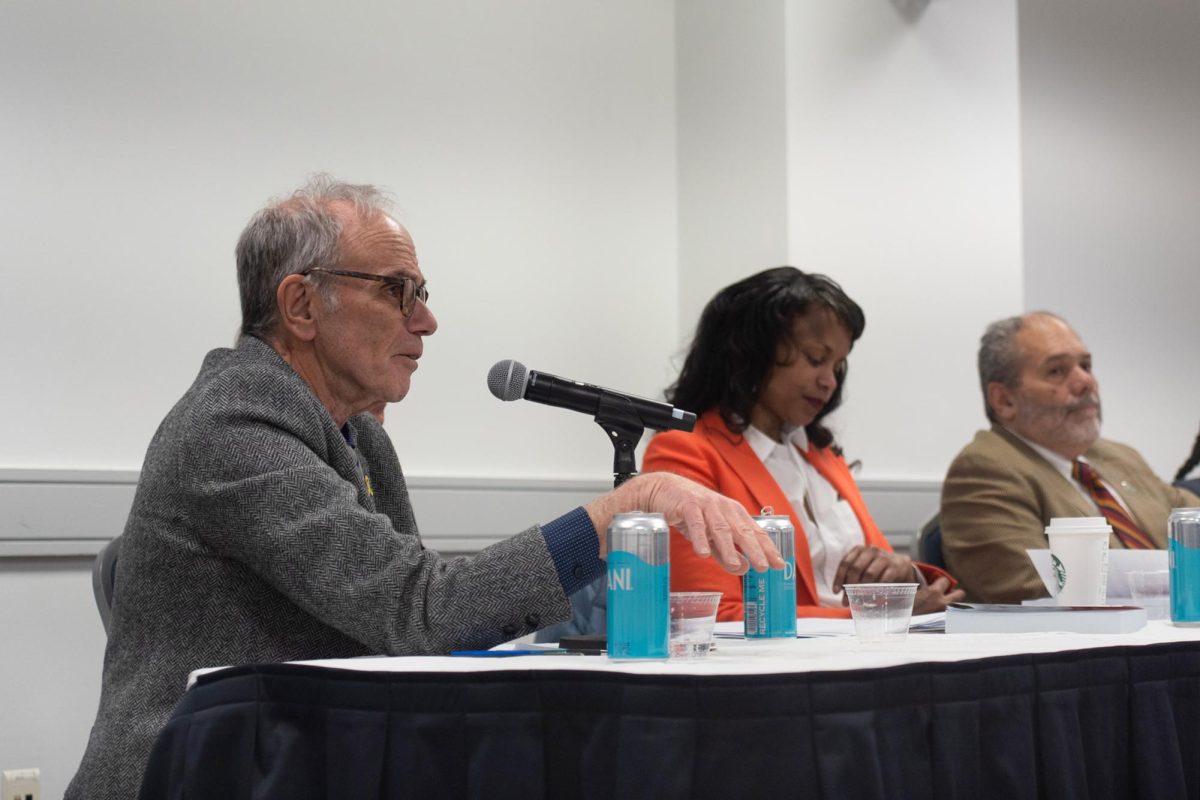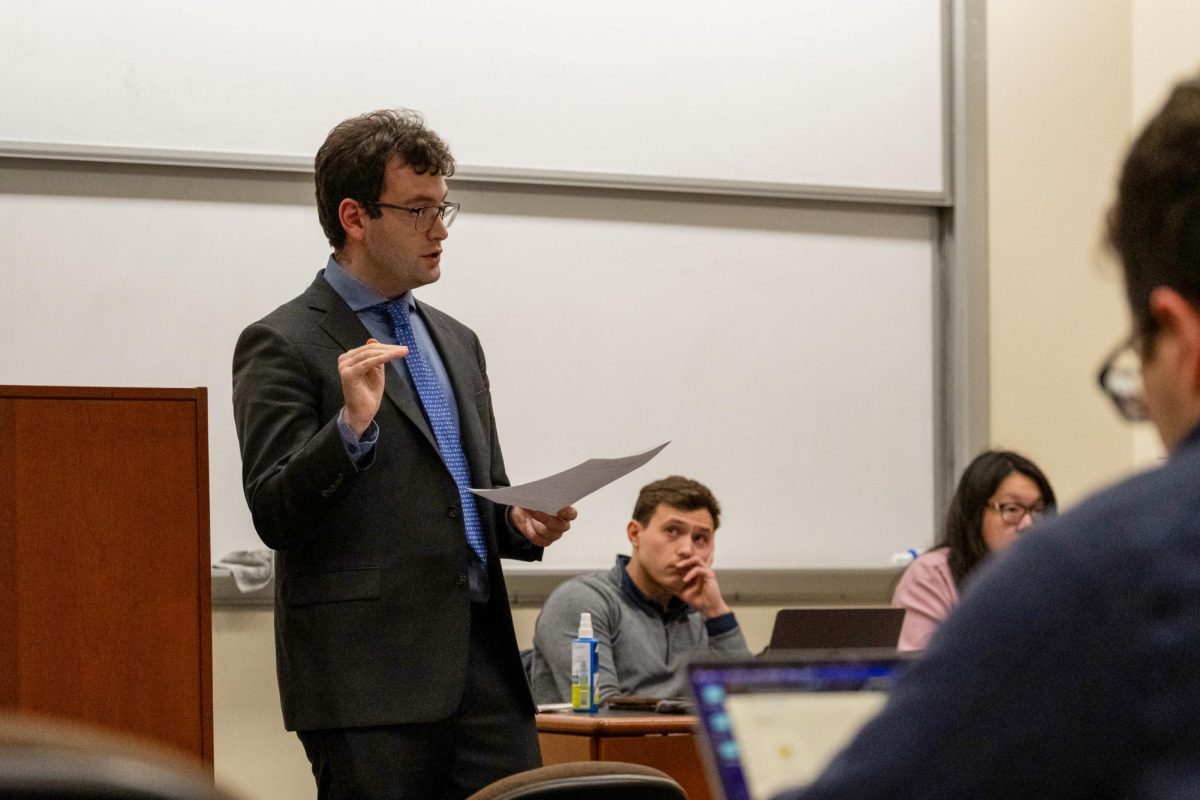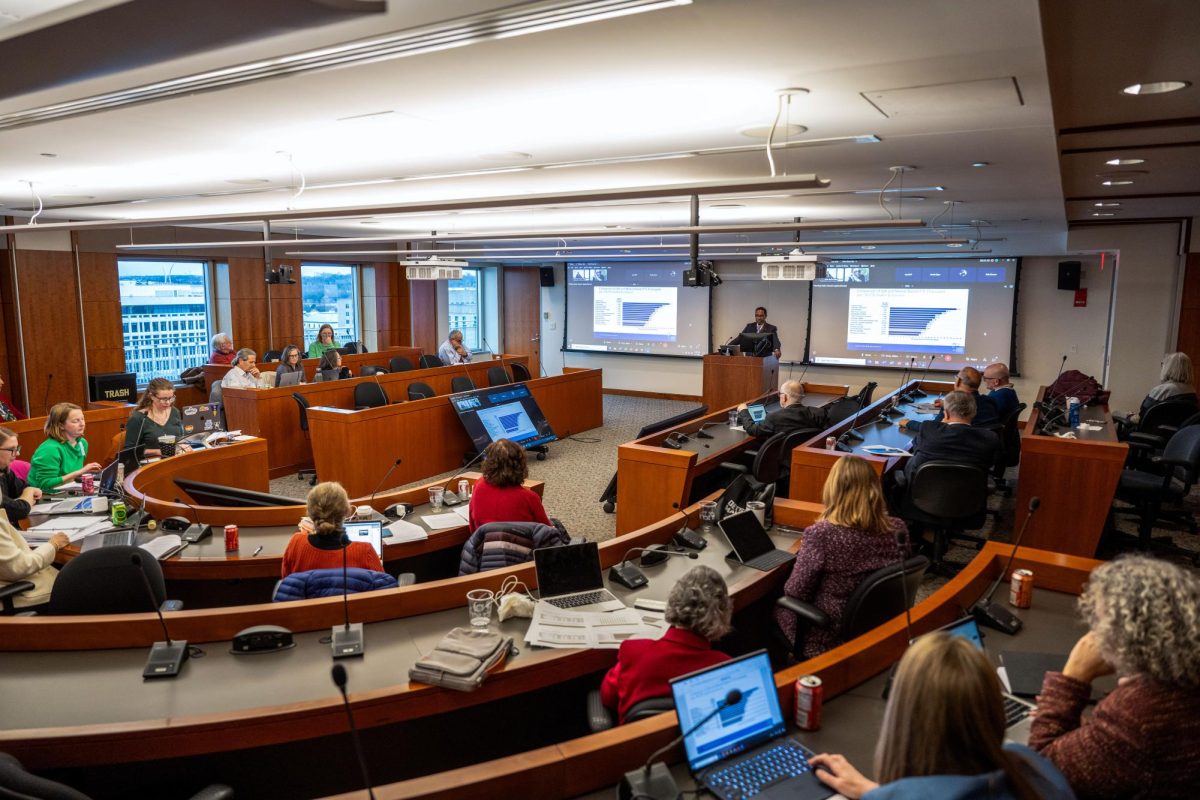A primary care researcher discussed her research regarding cancer survivorship in a primary care setting during a virtual seminar Wednesday.
Shawna Hudson, senior associate dean for population health research at Rutgers Medical School, spoke about her investigations into the role of primary care physicians in cancer patients’s long-term recovery efforts and the lack of financial incentive for physicians. The webinar was part of the 2024-2025 Cancer Survivorship and Health Policy webinar series and was cosponsored by the GW Cancer Center and the GW Center for Health Policy and Media Engagement.
Survivorship care, the long-term follow-up care that physicians provide to cancer survivors, requires doctors to use multiple specialties, namely primary care, in concert with one another. Treatment includes care to prevent the recurrence of cancer and new cancers, manage the physical and psychological side effects of cancer, promote healthy habits and treat chronic conditions.
Hudson said there is a lack of emphasis for survivorship care in a primary setting because patients who have recovered from cancer seeking care are less common and thus less lucrative in the medical field.
“The involvement of primary care providers is now regarded as a central issue within survivorship care,” Hudson said.
Hudson said this is due to the many demands cancer treatment requires and the “rising prevalence” of comorbid conditions — conditions that are diagnosed alongside a primary diagnosis — among cancer survivors.
Hudson said when she was a visiting scholar at the National Cancer Institute Office of Cancer Survivorship in 2023, she carried out a review of all grants focused on primary care cancer survivorship research. She said she was “surprised” by how little research was currently being funded in this area and how much of it is only care delivery adjacent rather than care delivery focused.
“Our science is actually very much focused on the behavioral interventions, which are important, but don’t always get to those system issues and those system contexts,” Hudson said.
Hudson said she was part of a consensus group composed of experts who were co-hosted by the Department of Veteran Affairs and the NCI that published a paper in April where they identified indicators of quality cancer survivorship care in the context of health system policy, process and evaluation.
Hudson added that primary care was identified in the top 10 lists for both the health system policy and health system process domains. She said the article outlined the need for a more clear description of the timing of transitions in survivorship care, like from oncology to primary care physicians, and the coordination between these different specialities in survivorship care
“They talk about the need to make sure that as we work with our patients, that we’re actually addressing ‘What are the care planning conversations that need to happen around how you coordinate your care, and how you bring your primary care and your other multidisciplinary subspecialties into addressing the needs of patients?’” Hudson said.
Hudson said primary care physicians are oftentimes not financially rewarded for survivorship care. She said she published a paper in 2016 that described how primary care physicians do not have a financial incentive to aid in long-term recovery efforts of cancer patients.
“There’s really not a payment structure that rewards the doctors for doing this really important, high quality care because it’s not high volume,” Hudson said.
Hudson said primary care physicians also receive “limited guidance” from organizations like the American Society of Clinical Oncology regarding long-term care plans for their cancer patients. She also said these organizations need more “actionable” and “quick” information to help them move forward when caring for their patients.
Hudson said she is currently conducting a study regarding breast cancer follow-up care guidelines in a primary care setting. She said the researchers’ first aim was to understand the opinions of national and regional experts regarding current breast cancer guidelines through depth interviews.
“We had really wanted to understand the scalability of the approaches and what they thought was really important,” Hudson said.
Hudson said both national and regional panels believed provider education, patient education and technical solutions should be prioritized in breast cancer survivorship care. She said the regional group also wanted to study connections between oncology and primary care teams.
Hudson said her research team was able to develop a toolkit based on these recommendations that can be implemented in the practices that participated in the study.
“What we ended up designing based on this was a combination of learning collaboratives and practice facilitation,” Hudson said.










